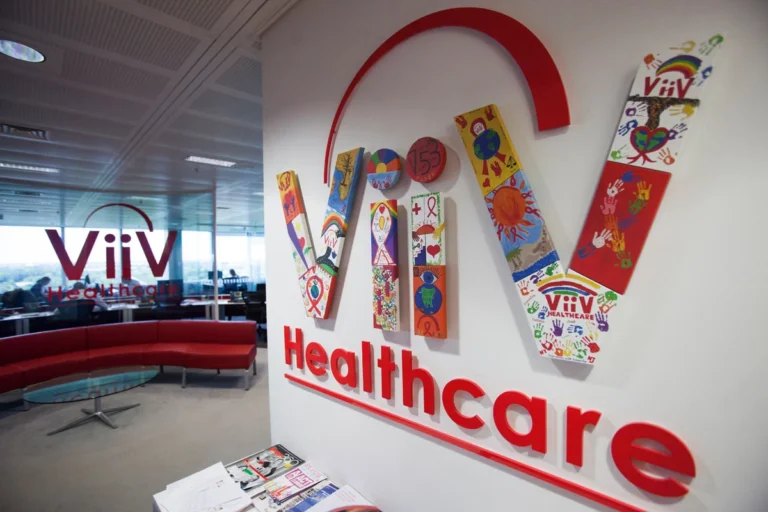
AISAP, a medical technology company focused on AI-powered Point-of-Care Assisted Diagnosis (POCAD™) solutions, has received 510(k) clearance from the U.S. FDA for its innovative AISAP CARDIO software platform. This cloud-based, AI-powered tool is designed for point-of-care ultrasound (POCUS) and integrates four computer-assisted diagnosis (CADx) modules for valvular pathologies with eight key cardiac measurements. The platform provides comprehensive analyses, interpretations, and reports, enabling clinicians with basic scanning skills to accurately diagnose up to 90% of common cardiac structural and functional issues at the bedside within minutes.
“AISAP CARDIO could revolutionize point-of-care ultrasound,” said Dr. Smadar Kort, System Director of Non-Invasive Cardiac Imaging at Stony Brook Medicine and past governor of the American College of Cardiology. “Structural heart disease and heart failure are leading causes of hospitalization and morbidity in the U.S. By enabling a wide range of qualified physicians to quickly and accurately diagnose these conditions at the bedside, AISAP CARDIO could lead to earlier detection and treatment, improved patient outcomes, greater efficiencies, and cost savings for health systems—ultimately saving countless lives.”
AISAP CARDIO is designed to assess key cardiac structural and functional parameters, including valvular pathologies like regurgitations of the mitral, tricuspid, and aortic valves, as well as aortic stenosis. It also measures left ventricular ejection fraction (LVEF), ventricular dimensions, right ventricular fractional area change (RV FAC), atrial areas, ascending aorta diameter, and inferior vena cava (IVC) diameter.
This platform generates reliable assessments early in patient evaluation and throughout therapy. It’s a scalable, vendor-agnostic solution that integrates seamlessly into clinical workflows, including existing EHR/EMR and PACS systems. With accurate reports generated in minutes using low-cost devices, the software empowers physicians in emergency medicine, critical care, internal medicine, hospitalists, and primary care to make informed bedside decisions. Prospective data have shown that CARDIO improved clinician performance and led to care pathway changes in one-third of scanned patients. The platform also includes telemedicine, cloud computing, and educational tools.
“AISAP CARDIO was developed by leading technologists and cardiologists to close critical gaps in patient care,” said Adiel Am-Shalom, CEO of AISAP. “Our ‘anywhere, anytime AI’ approach aims to transform healthcare by bringing advanced diagnostic tools to the point of care.”
“This milestone makes AISAP the first company globally to secure FDA clearance in the CADx pathway for comprehensive structural heart disease diagnosis using POCUS,” added Dr. Ehud Raanani, AISAP co-founder and Director of the Leviev Cardiovascular and Thoracic Center at Sheba Medical Center. “It’s a major step towards our goal of delivering point-of-care assisted diagnosis (POCAD) with unparalleled scalability and accessibility, from major academic centers to remote rural locations.”
AISAP CARDIO was trained on over 24 million echo video clips from hundreds of thousands of studies. Its novel algorithms for POCUS devices were validated through multi-national, multi-site, randomized clinical trials at institutions including Mass General Brigham, Thomas Jefferson University Hospital, Mayo Clinic, Inova Fairfax Medical Campus, Crozer-Chester Medical Center, and Stony Brook University Hospital.
Dr. James Hillis, Director of Clinical Operations at Mass General Brigham AI, led studies demonstrating that AISAP CARDIO enables non-cardiologists to interpret point-of-care echocardiograms as effectively as expert cardiologists. The device’s measures were often as close or closer to the mean of three MGB cardiologists than individual cardiologists themselves. Standalone performance for major valve disease pathologies, including aortic stenosis and regurgitation, had a 93% sensitivity and 93% specificity.
“We evaluated the device’s performance for calculating eight cardiac measurements and interpreting four valvular pathologies,” said Dr. Hillis. “The results showed that the device significantly improved physicians’ accuracy in interpreting valvular pathologies.”




